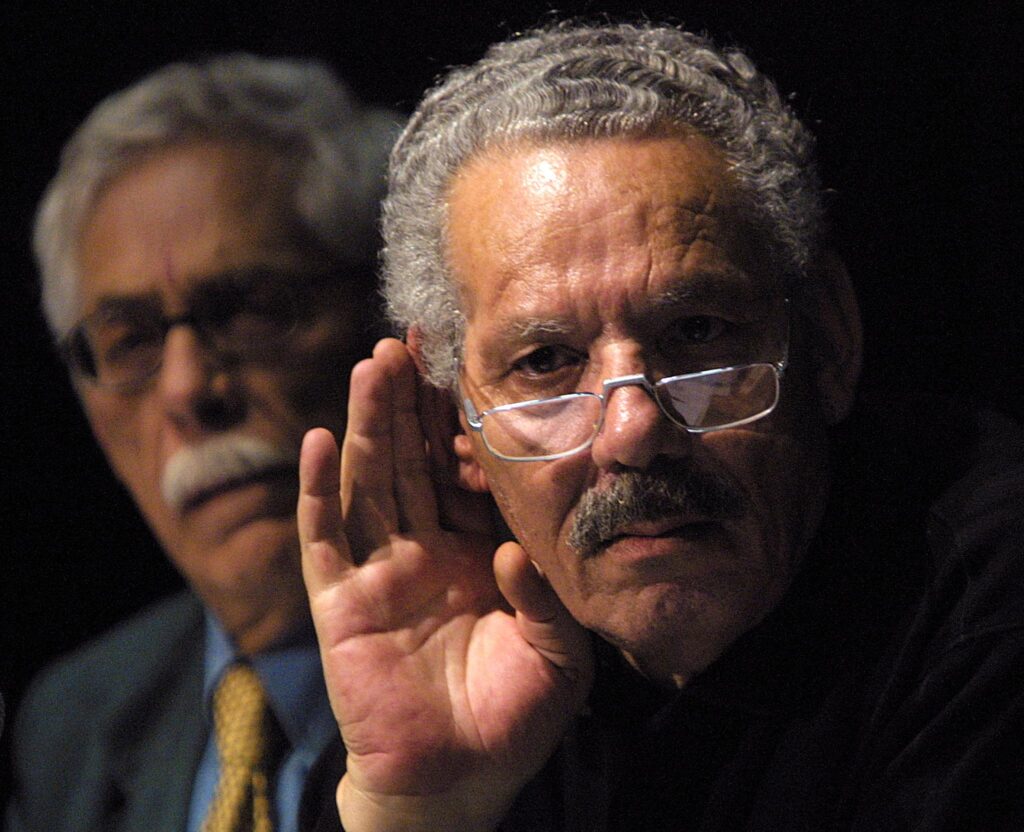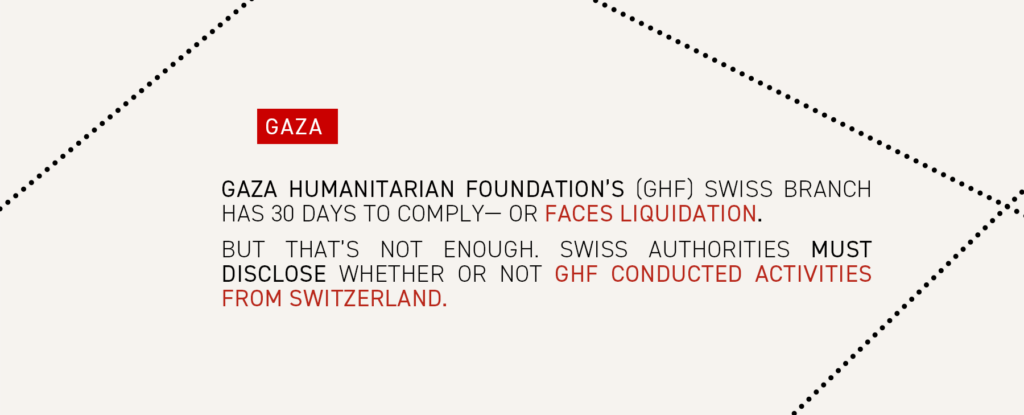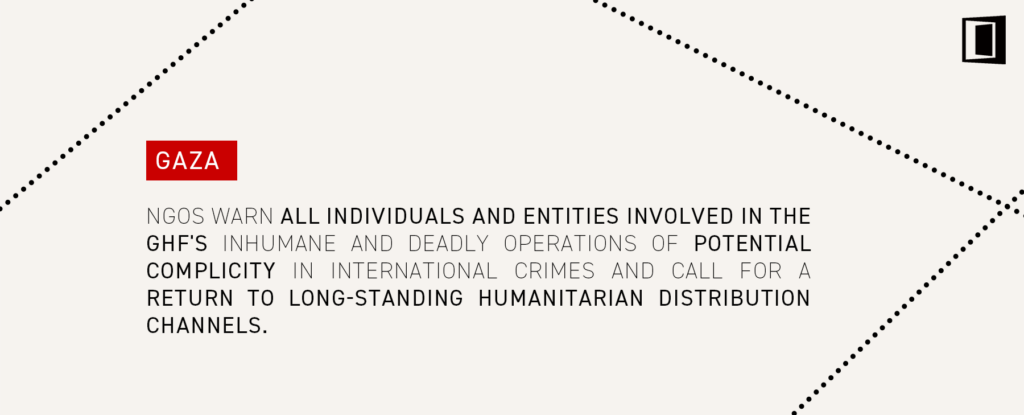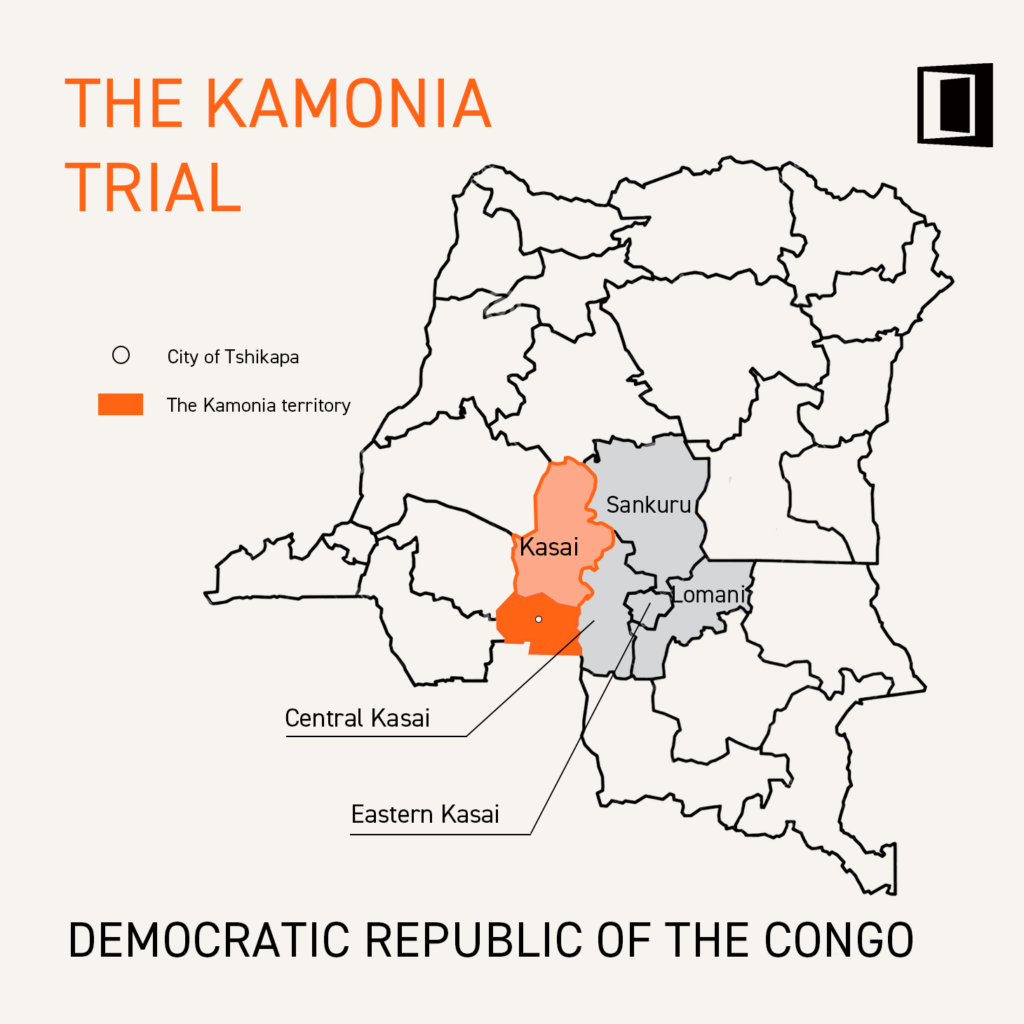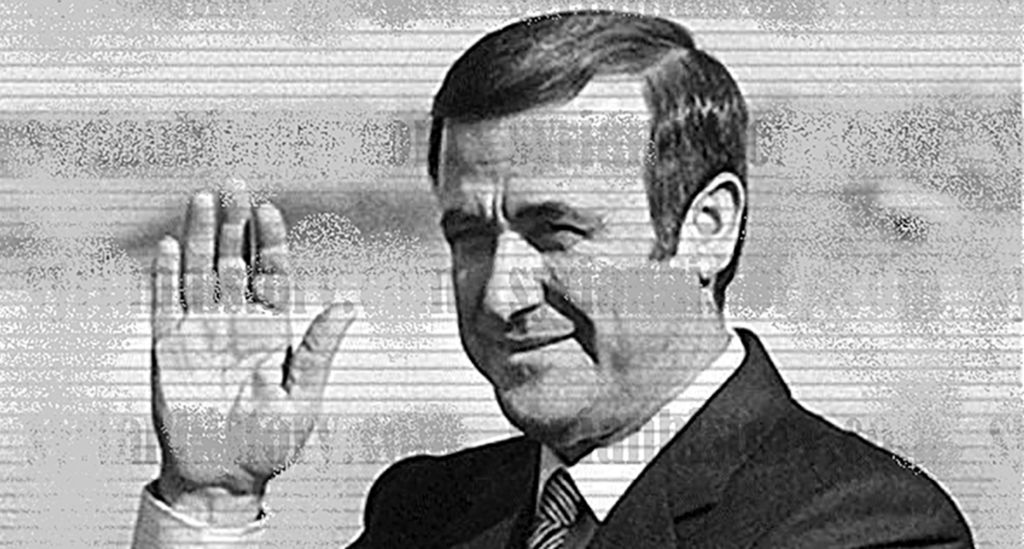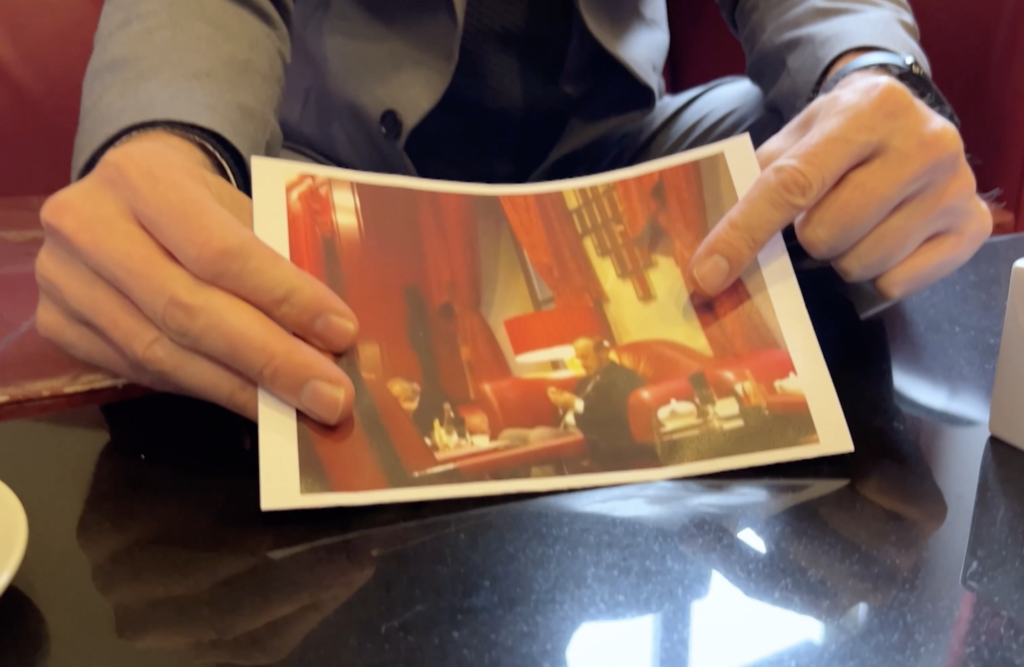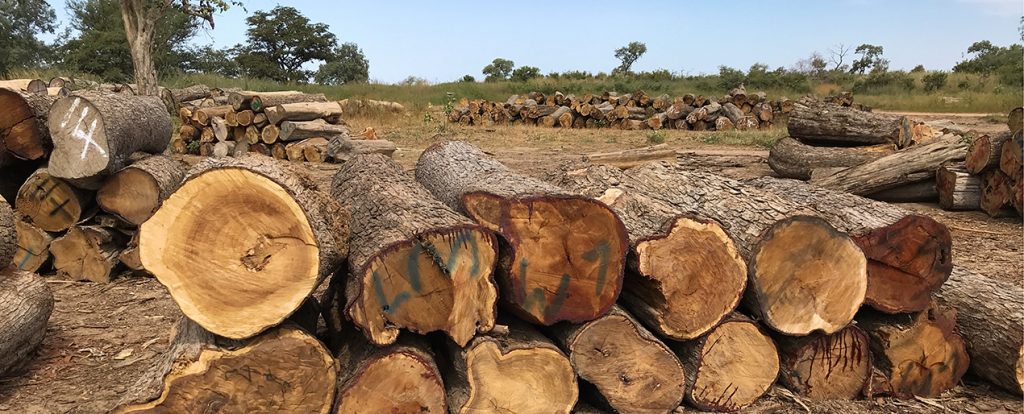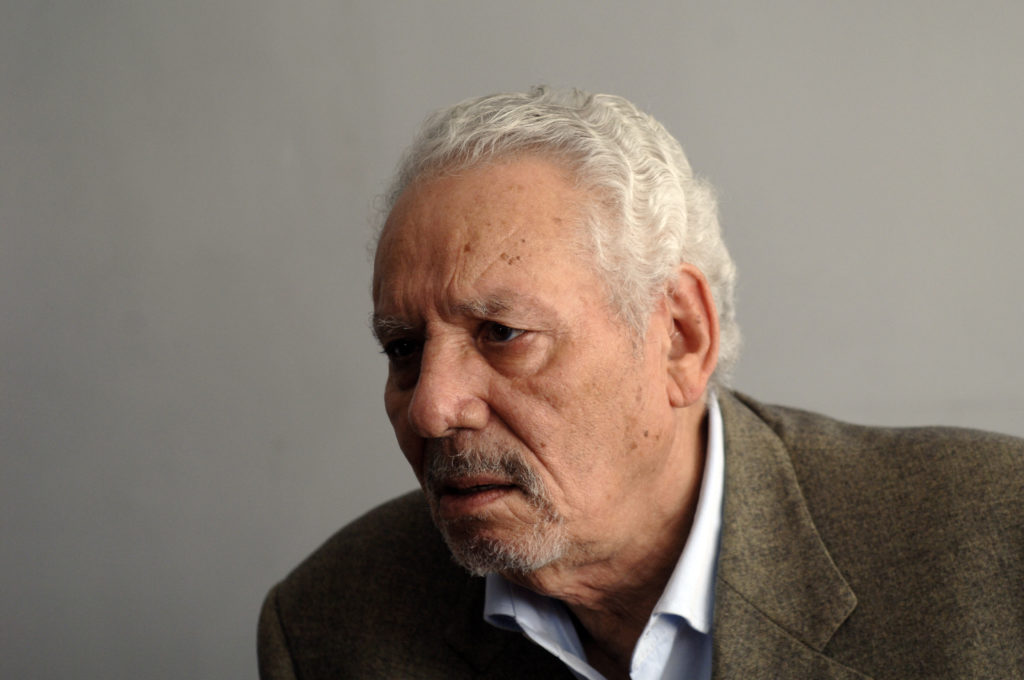Mutarule
The Ruzizi Plain is situated in South Kivu Province and borders on Burundi. A conflict has raged for many years between the two ethnic groups that populate the plain, the Bafuliro and the Barundi, due to land-holding, economic and political rivalries. The local civilian populations endure regular waves of attacks and serious crimes, while the State authorities have neither the will nor the capacity to put an end to them.
In summer 2013, a number of unidentified armed men attacked the village of Mutarule. The assailants killed several tens of people and pillaged numerous homes.
Despite promises made by the local authorities, no investigations were conducted to identify the perpetrators of the crimes and nobody was punished. On the contrary, impunity and insecurity led to new massacres in June 2014, when a number of armed men opened fire on 200 people who had congregated in front of Mutarule church. Neither the Congolese security forces nor the United Nations’ peacekeepers took any action to stop this attack.
In early 2015, pressured by civil society and the international community, the Congolese authorities conducted the first investigations into the crimes committed in Mutarule. Within the context of these investigations, TRIAL International provided several tens of victims of serious crimes in Mutarule with legal assistance. The NGO continues to advocate that the national authorities should open a trial in order to establish who is responsible for these crimes and to seek reparations for the victims.
The trial for the Mutarule massacre started on 12 August 2016 and has been the theatre of tensions, resulting in delays in the mobile court hearings. No less than 92 victims have taken part in this trial of titanic proportions. In the dock, two FARDC commanders and one Barundi leader, suspected of war crimes and crimes against humanity.
On February 2017, the verdict has finally been made public. The massacre committed against the village has been described as a crime against humanity and the victims will receive financial compensation. None of the three defendants have been convicted for crimes against humanity. One was acquitted. Another, Mr Sheria, the alleged leader of an armed group, was sentenced to 15 years in prison for illegal possession of war weapons – but not for his direct involvement in the massacre of 6 June, which according to the Court has not been proven. The third defendant was Major Kayumba, a representative of the Congolese army, who was sentenced to 10 years in prison for violation of orders.
On 12 June 2018, the appeal hearings were initiated in Bukavu before the Congolese Military High Court.

